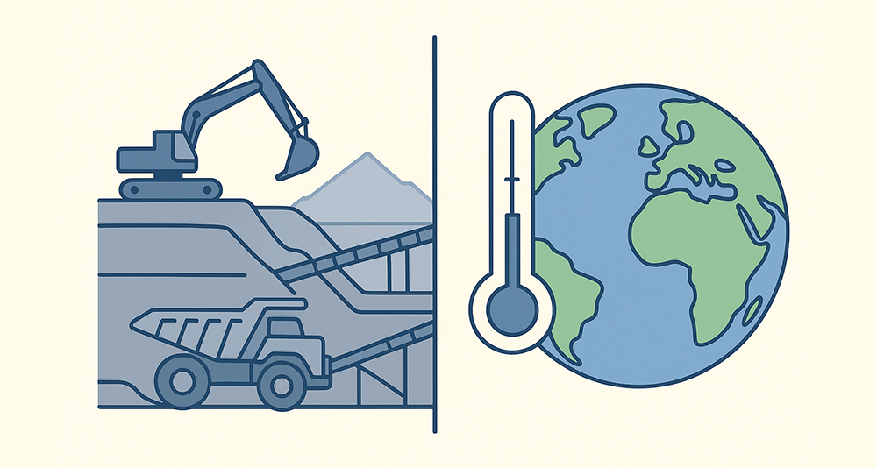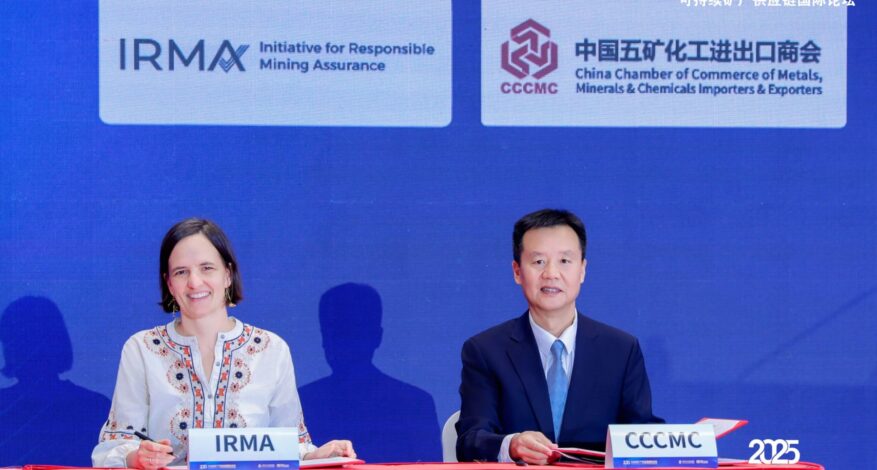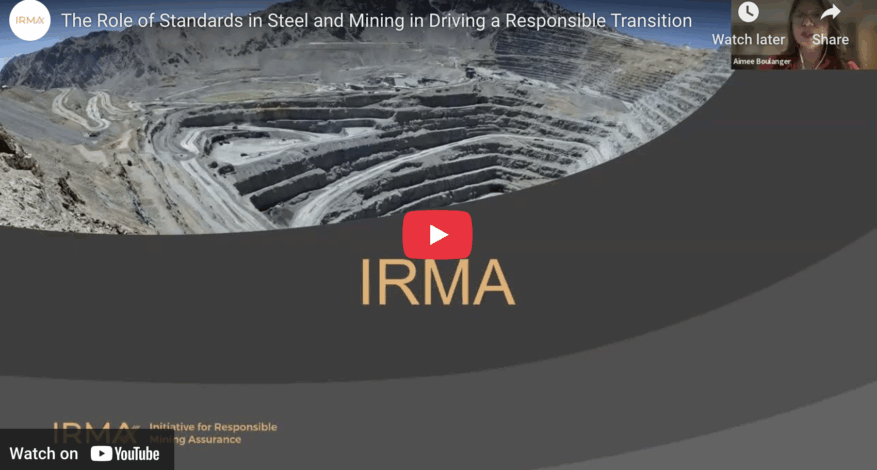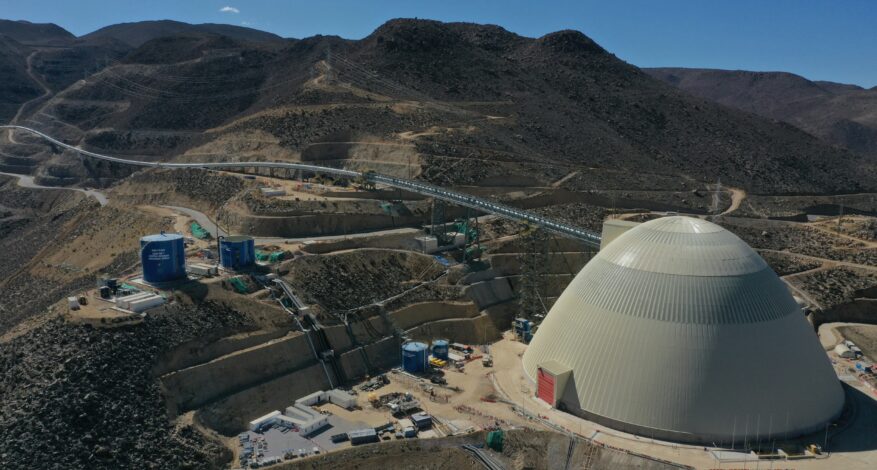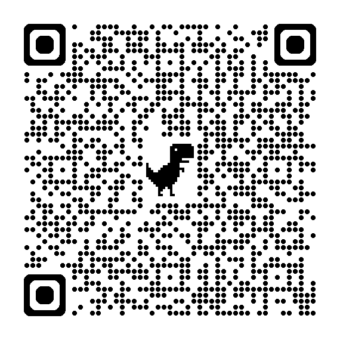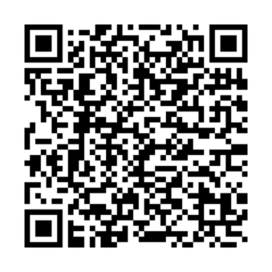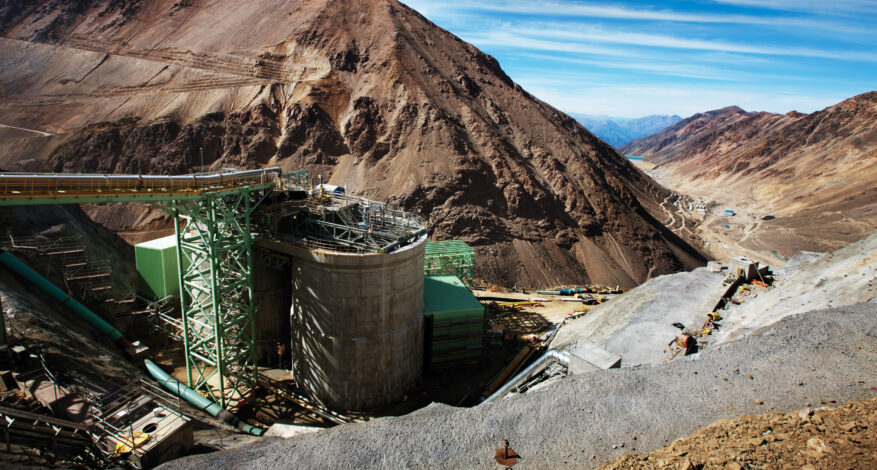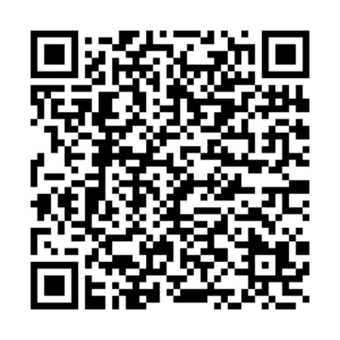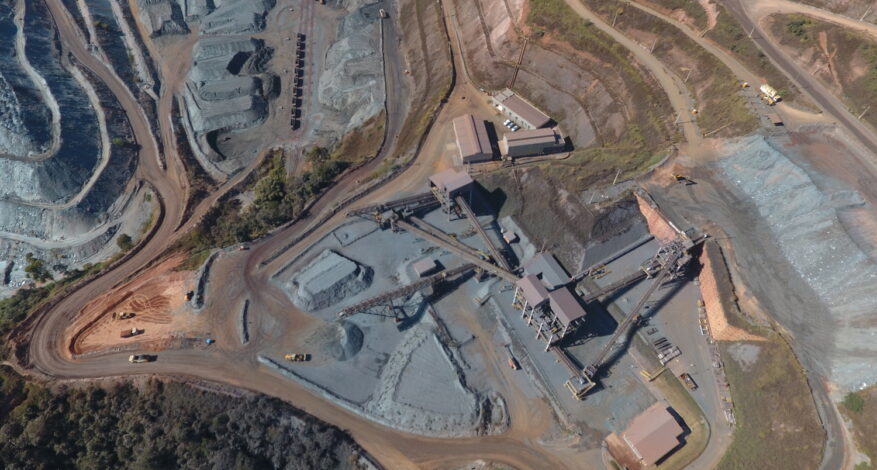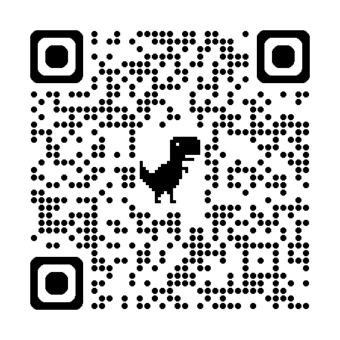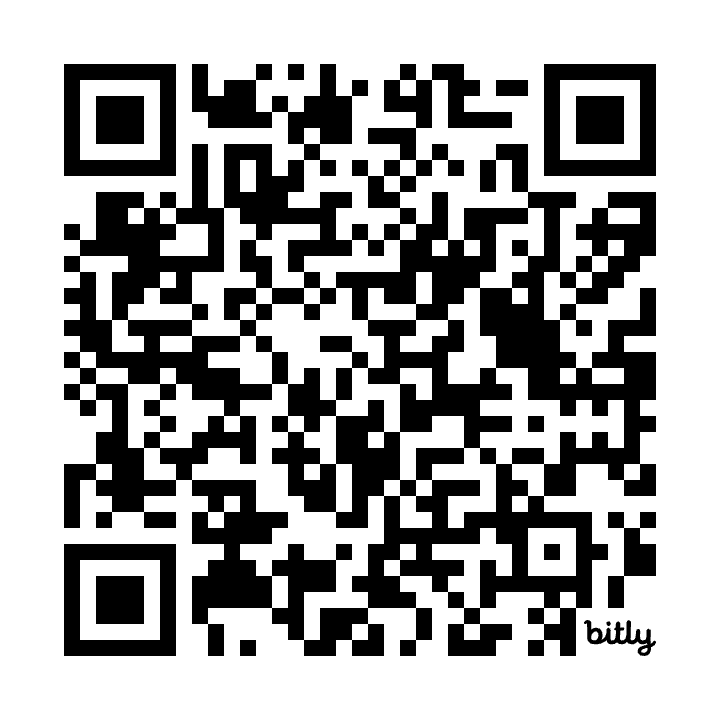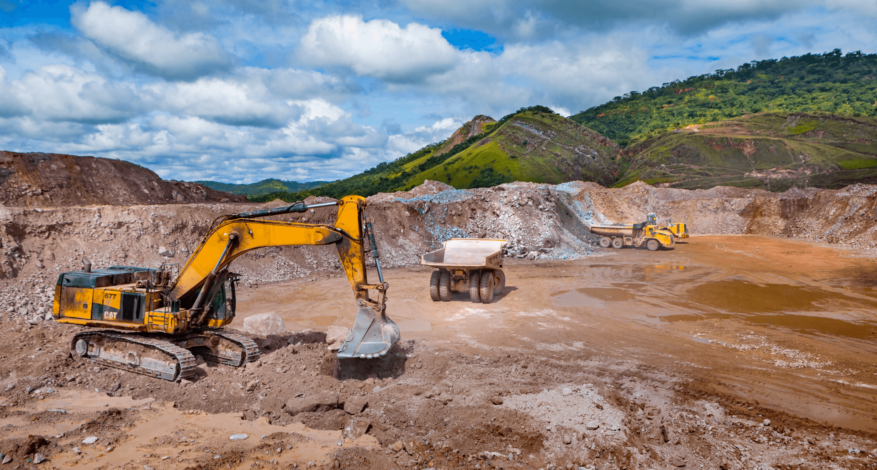Climate Action in the DRAFT IRMA Mining Standard v2.0
[This blog was co-authored by Kristi Disney Bruckner and Pierre Petit-de Pasquale]
As we return from the Africa Climate Summit 2.0 and participate in Climate Week NYC, it seems especially timely to answer the question, “What’s new on climate action in the second draft of the DRAFT IRMA Mining Standard v2.0?”
We’d like to take this opportunity to share substantial updates on coverage of this topic in the proposed Chapter 4.6: Climate Action.
Here’s a summary of relevant changes to the IRMA Standard in 13 points that help advance UN Sustainable Development Goal 13: Climate Action!
- Requirements for sites to assess their own contribution to climate change, in collaboration with stakeholders.
- Requirements that sites consider energy efficiency and minimization of greenhouse gas emissions when selecting technology options and alternatives for energy sources, mining and processing methods, technologies and equipment, and the design of new buildings and facilities, as well as when there are opportunities to replace, upgrade, or add technology, or change processes.
- Including emissions from land use changes and reductions in land carbon stock arising from the site’s direct activities in the quantification of Scope 1 and 2 emissions.
Requiring screening and calculation of Scope 3 emissions using credible methodologies, verified by a credible third-party expert. - Annual measure of energy consumption from sources of Scope 1, 2 and 3 emissions.
- Requiring sites to undertake a scoping exercise, in accordance with the mitigation hierarchy, to identify sources of direct and/or indirect emissions that can be eliminated and/or that have the highest reduction potential, for which energy efficiency could be improved, and—as a last resort—opportunities for carbon capture and storage of any emissions that cannot be avoided.
- Prioritizing these options, while ensuring that any emission-reduction opportunity takes into consideration the potential adverse social and human rights impacts arising from its implementation.
- Requiring sites to have greenhouse gas (GHG) and energy targets that are in line with the Paris Agreement at either the level of the site or the level of the company, unless the site meets all the criteria for Green Enabling Projects and can demonstrate the environmental benefits of its production’s end-use.
- Requiring sites to have a GHG and energy management plan that builds on the scoping, prioritization and target-setting requirements.
- Integrating traditional knowledge, and especially traditional ecological knowledge, of local affected communities, and Indigenous rights-holders if applicable, into scoping, development, implementation, monitoring, and continuous improvement of the GHG and energy management plan.
- Requiring sites to track and document their performances on increasing the proportion of energy consumed at the site that comes from renewable sources, over successive time periods, against the targets required.
- Using the monitoring and evaluation results to develop and implement time-bound corrective measures to continuously improve the scoping, target-setting, management/mitigation, and monitoring processes.
- Requiring more information to be made publicly accessible. (See details in Section 4.6.11).
What do you think?
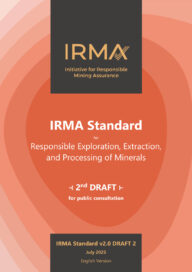 We’d love your input on these proposed updates to the Climate Action Chapter and on any proposed updates to the IRMA Standard. You can submit comments on our online commenting form, simply send your comments to comments@responsiblemining.net or via WhatsApp to +1-303-202-1445, or use any of the many options for submitting comments here.
We’d love your input on these proposed updates to the Climate Action Chapter and on any proposed updates to the IRMA Standard. You can submit comments on our online commenting form, simply send your comments to comments@responsiblemining.net or via WhatsApp to +1-303-202-1445, or use any of the many options for submitting comments here.
Learn more about the DRAFT IRMA Mining Standard v2.0 public consultation, open to all through 22 October 2025 here.
Thank you for sharing your experience and insights to improve the IRMA Mining Standard!

